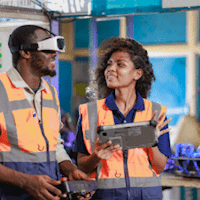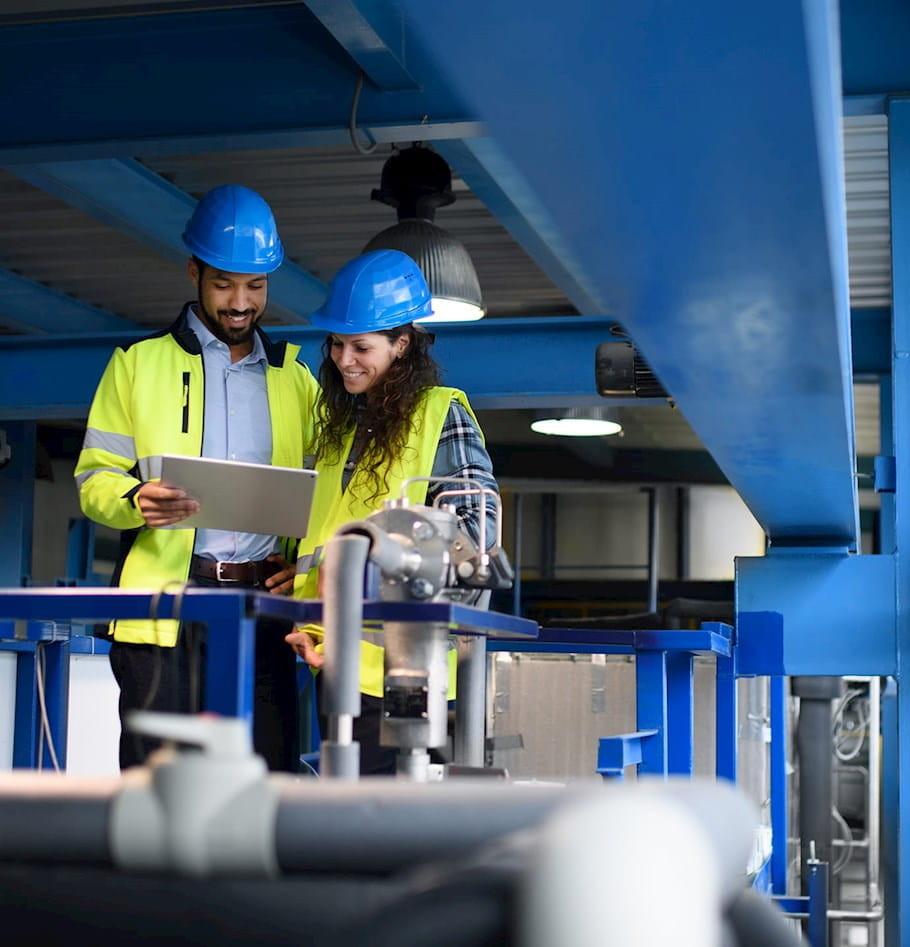The Future of Industrial AI in Manufacturing
Anticipating future challenges helps manufacturing executives prepare, fuel their vision, and shape strategic plans for long-term success
Artificial intelligence is rapidly becoming a force in the manufacturing industry, permeating various processes like semiconductors, software applications, and robotics. With its data processing and decision-making capabilities, AI drives better outcomes and predictive maintenance.
Manufacturers must understand AI's potential impact on factory operations, workforce strategies, and overall business benefits. Emphasizing responsible implementation, the Manufacturing Leadership Council's Manufacturing in 2030 Project explored AI's opportunities and challenges in the industry. The project conducted a survey among industry stakeholders and provided these key takeaways.
The Future of Industrial AI in Manufacturing
Anticipating future challenges helps manufacturing executives prepare, fuel their vision, and shape strategic plans for long-term success.
2-Minute Takedown

Evolving Landscape of AI Adoption

AI’s Impact on Workforce

Future Impact on Manufacturing

Data Issues Dominate the Challenges of AI Adoption
About the survey
Understanding the challenges that today’s manufacturing executives foresee for the future not only helps leaders develop higher level of preparedness but also fuels their vision and focuses their strategic plans to achieve competitive success and longevity for their companies in the years ahead.
That’s why the Manufacturing Leadership Council launched the Manufacturing in 2030 Project to enable manufacturers to envision what future manufacturing might look like. As part of the project, the MLC surveyed more than 260 senior manufacturing industry executives, spanning multiple functional roles, and representing large, small, and medium-sized manufacturing companies from multiple industry sectors.
Armed with this rich combination of real-world predictions and forward-thinking insights, the MLC hopes that manufacturers can better plan their longer-term future and find ways to enhance their value, competitiveness, and contribution to society.

.jpg?cx=0.5&cy=0.5&cw=910&ch=947&hash=D82C31B87A38F6B94D04577BA76A2109)

